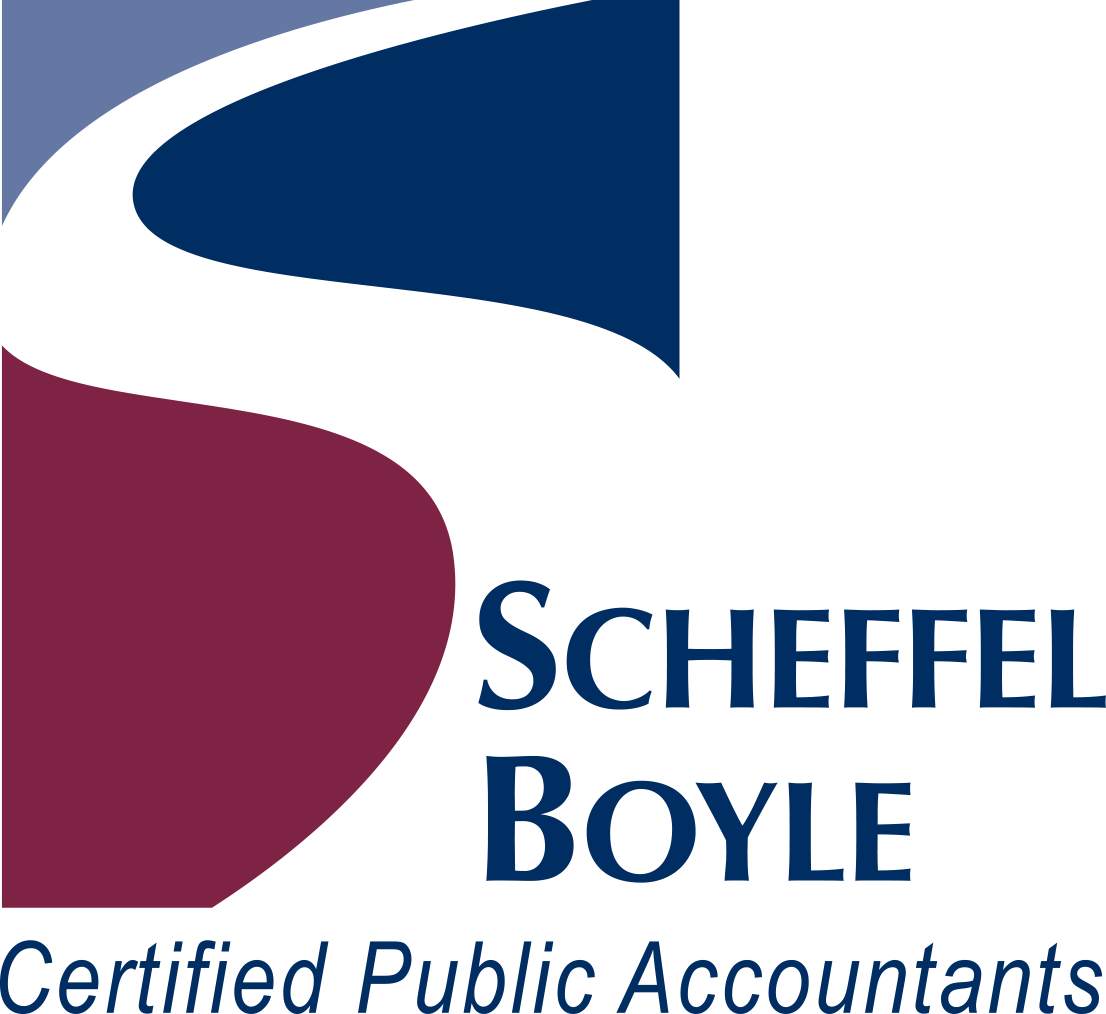Tax News: February 2017
CONSIDER SEPARATING REAL ESTATE ASSETS FROM YOUR BUSINESS
Many companies choose not to combine real estate and other assets into a single entity. Perhaps the business fears liability for injuries suffered on the property. Or legal liabilities encountered by the company could affect property ownership. But there are valid and potentially beneficial tax reasons for holding real estate in a separate entity as well.
Avoiding costly mistakes
Many businesses operate as C corporations so they can buy and hold real estate just as they do equipment, inventory and other assets. The expenses of owning the property are treated as ordinary expenses on the company’s income statement. However, when the real estate is sold, any profit is subject to double taxation: first at the corporate level and then at the owner’s individual level when a distribution is made. As a result, putting real estate in a C corporation can be a costly mistake.
If the real estate were held instead by the business owner(s) or in a pass-through entity, such as a limited liability company (LLC) or limited partnership, and then leased to the corporation, the profit upon a sale of the property would be taxed only once — at the individual level.
Maximizing tax benefits
The most straightforward and seemingly least expensive way for a business owner to maximize the tax benefits is to buy the property outright. However, this could transfer liabilities related to the property directly to the owner, putting other assets — including the business — at risk. In essence, it would negate part of the rationale for organizing the business as a corporation in the first place.
So it’s generally best to hold real estate in its own limited liability entity. The LLC is most often the vehicle of choice for this, but limited partnerships can accomplish the same ends if there are multiple owners. No matter which structure is used, though, make sure all entities are adequately insured.
Tailoring the right strategy
There are many complexities to a company owning real estate. And there’s no one-size-fits-all solution to protecting yourself legally while minimizing your tax liability. But if you do nothing and treat real estate like any other business asset, you could be exposing your business to substantial risk. So please contact our firm for an assessment of your situation. We can help tailor a strategy that’s right for you.
Sidebar: The benefits of separation for family businesses
Family businesses face many distinctive challenges. One is that several family members may participate in the ownership of the company. Under such circumstances, separating real estate ownership from the business creates more options to meet the needs of multiple owners.
Let’s say that a family business is passing from one generation to the next. One child is very interested in owning and operating the business but doesn’t have the means to finance the purchase of both the business and its real estate.
If the two are separated, it’s possible for one sibling to take over the business while other siblings hold the real estate. In this case, everyone can benefit: The child who buys the business doesn’t have to share control with the other siblings, yet they can still reap benefits as property owners.
FACING THE TAX CHALLENGES OF SELF-EMPLOYMENT
Today’s technology makes self-employment easier than ever. But if you work for yourself, you’ll face some distinctive challenges when it comes to your taxes. Here are some important steps to take:
Learn your liability. Self-employed individuals are liable for self-employment tax, which means they must pay both the employee and employer portions of FICA taxes. The good news is that you may deduct the employer portion of these taxes. Plus, you might be able to make significantly larger retirement contributions than you would as an employee.
However, you’ll likely be required to make quarterly estimated tax payments, because income taxes aren’t withheld from your self-employment income as they are from wages. If you fail to fully make these payments, you could face an unexpectedly high tax bill and underpayment penalties.
Distinguish what’s deductible. Under IRS rules, deductible business expenses for the self-employed must be “ordinary” and “necessary.” Basically, these are costs that are commonly incurred by businesses similar to yours and readily justifiable as needed to run your operations.
The tax agency stipulates, “An expense does not have to be indispensable to be considered necessary.” But pushing this grey area too far can trigger an audit. Common examples of deductible business expenses for the self-employed include licenses, accounting fees, equipment, supplies, legal expenses and business-related software.
Don’t forget your home office! You may deduct many direct expenses (such as business-only phone and data lines, as well as office supplies) and indirect expenses (such as real estate taxes and maintenance) associated with your home office. The tax break for indirect expenses is based on just how much of your home is used for business purposes, which you can generally determine by either measuring the square footage of your workspace as a percentage of the home’s total area or using a fraction based on the number of rooms.
The IRS typically looks at two questions to determine whether a taxpayer qualifies for the home office deduction:
- Is the specific area of the home that’s used for business purposes used onlyfor business purposes, not personal ones?
- Is the space used regularly and continuously for business?
If you can answer in the affirmative to these questions, you’ll likely qualify. But please contact our firm for specific assistance with the home office deduction or any other aspect of filing your taxes as a self-employed individual.
4 MYTHS ABOUT MANAGING YOUR DEBT
Debt is a reality for many Americans. Median household debt was estimated at $2,300 as of May 2016, according to consumer information provider ValuePenguin. And debt isn’t limited to those earning lower incomes; households with a net worth of $500,000 and over had an estimated $8,139 in credit card debt, per the same source.
Underestimating or ignoring your obligations can delay or even prevent you from accomplishing many financial goals. Here are four myths about managing your debt.
- My credit report is fine, and so am I
Many people glance at their credit reports, see a decent score and move on. But credit reports often contain inaccuracies that blur your true debt picture.
Review your report regularly and follow up with the issuing credit agency if there’s an inaccuracy. For example, make sure your report doesn’t reflect a lower credit limit than your actual one.
- Shut it down … shut it down now
Closing out credit cards may seem like elementary debt management. But eliminating them isn’t necessarily the way to go. Instead, you should limit your number of open cards, pay them off or maintain low account balances, and avoid or renegotiate high interest rates.
The major credit-reporting agencies use a combination of metrics to establish your credit score, including credit history and debt utilization (ratio of debt to available credit). Closing out a card reduces your credit history, limiting the data by which you’re evaluated, and increases your debt utilization, which hurts your credit score.
- I hold the golden ticket
The easiest way to deal with debt may seem a broad, sweeping strike to pay it down. Unfortunately, gathering the funds to make that move may only worsen the overall situation.
For instance, home equity loans typically offer lower interest rates than credit cards and large available balances. Plus, the interest paid on a home equity debt may be tax deductible, while credit card debt generally isn’t. But the greater obligation isn’t really wiped out — only transferred. And the borrower’s home is at risk.
Similarly, taking out a 401(k) loan offers easy, low-interest access to funds. But a significantly negative tax impact and marked reduction in one’s retirement savings are downsides. Also, interest paid on such a 401(k) loan wouldn’t be tax deductible.
- Bankruptcy = failure
Well, it certainly doesn’t equal success. And a bankruptcy filing should undoubtedly form the last line of defense in any debt management plan. But, rather than considering it an outright failure, you might want to look at bankruptcy as a last-chance opportunity.
In many cases, a person’s credit score can recover surprisingly quickly — sometimes as soon as three to five years. In addition, some tax liabilities that meet certain requirements may be discharged in bankruptcy.
Ask for help
Sound, timely advice can help you avoid getting in over your head when it comes to debt. Please contact our firm for a detailed assessment of your situation.
PHASEOUTS AND REDUCTIONS: A TAX-FILING REMINDER
As tax-filing season gets into full swing, there are many details to remember. One subject to keep in mind — especially if you’ve seen your income rise recently — is whether you’ll be able to reap the full value of tax breaks that you’ve claimed previously.
What could change? If your adjusted gross income (AGI) exceeds the applicable threshold, your personal exemptions will begin to be phased out and your itemized deductions reduced. For 2016, the thresholds are $259,400 (single), $285,350 (head of household), $311,300 (joint filer) and $155,650 (married filing separately). These are up from the 2015 thresholds, which were $258,250 (single), $284,050 (head of household), $309,900 (joint filer) and $154,950 (married filing separately).
The personal exemption phaseout reduces exemptions by 2% for each $2,500 (or portion thereof) by which a taxpayer’s AGI exceeds the applicable threshold (2% for each $1,250 for married taxpayers filing separately). Meanwhile, the itemized deduction limitation reduces otherwise allowable deductions by 3% of the amount by which a taxpayer’s AGI exceeds the applicable threshold (not to exceed 80% of otherwise allowable deductions). It doesn’t apply, however, to deductions for medical expenses, investment interest, or casualty, theft or wagering losses.
If your AGI is close to the threshold, AGI-reduction strategies (such as making retirement plan and Health Savings Account contributions) may allow you to stay under it. If that’s not possible, consider the reduced tax benefit of the affected deductions before implementing strategies to accelerate or defer deductible expenses. Please contact our firm for specific strategies tailored to your situation.
Copyright © 2017



